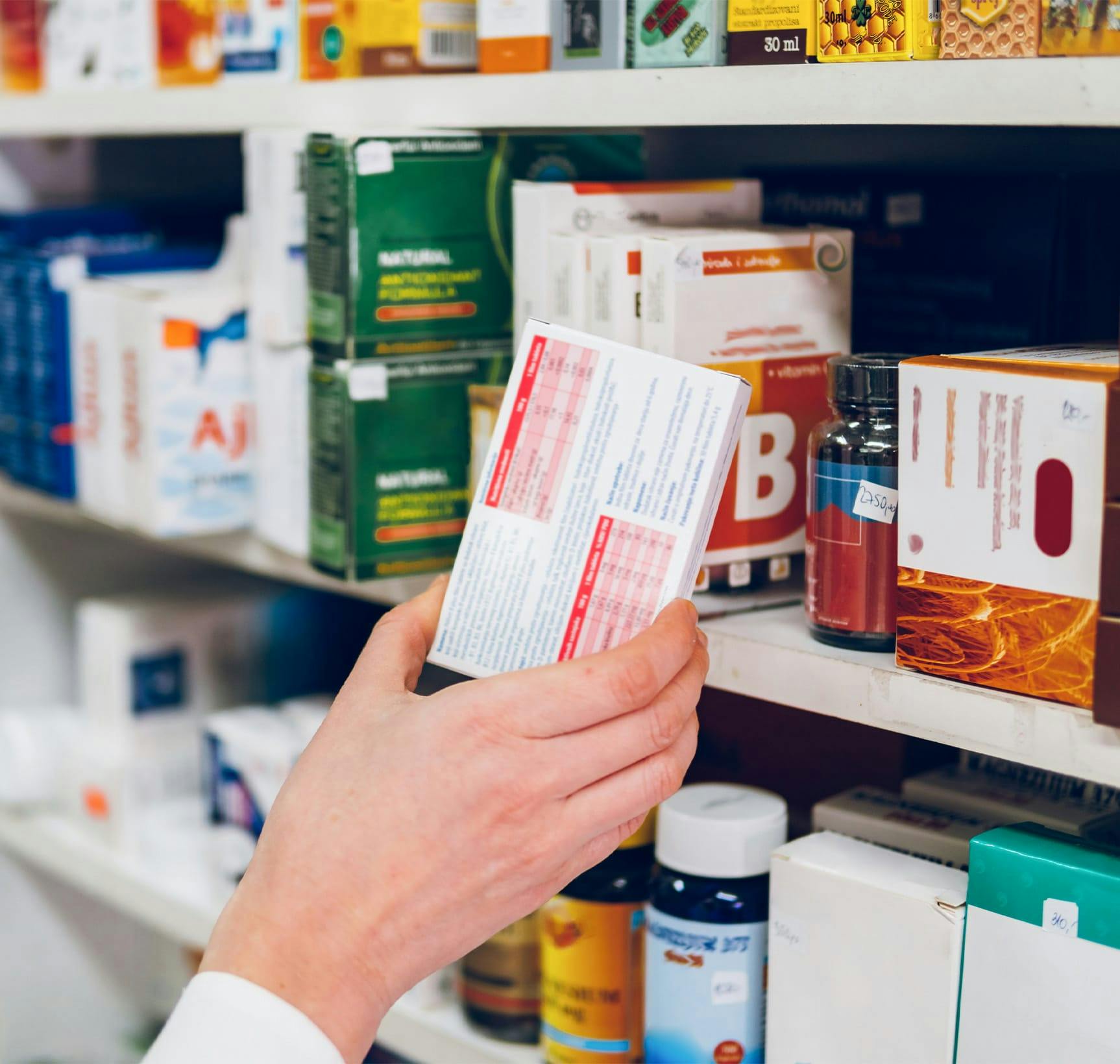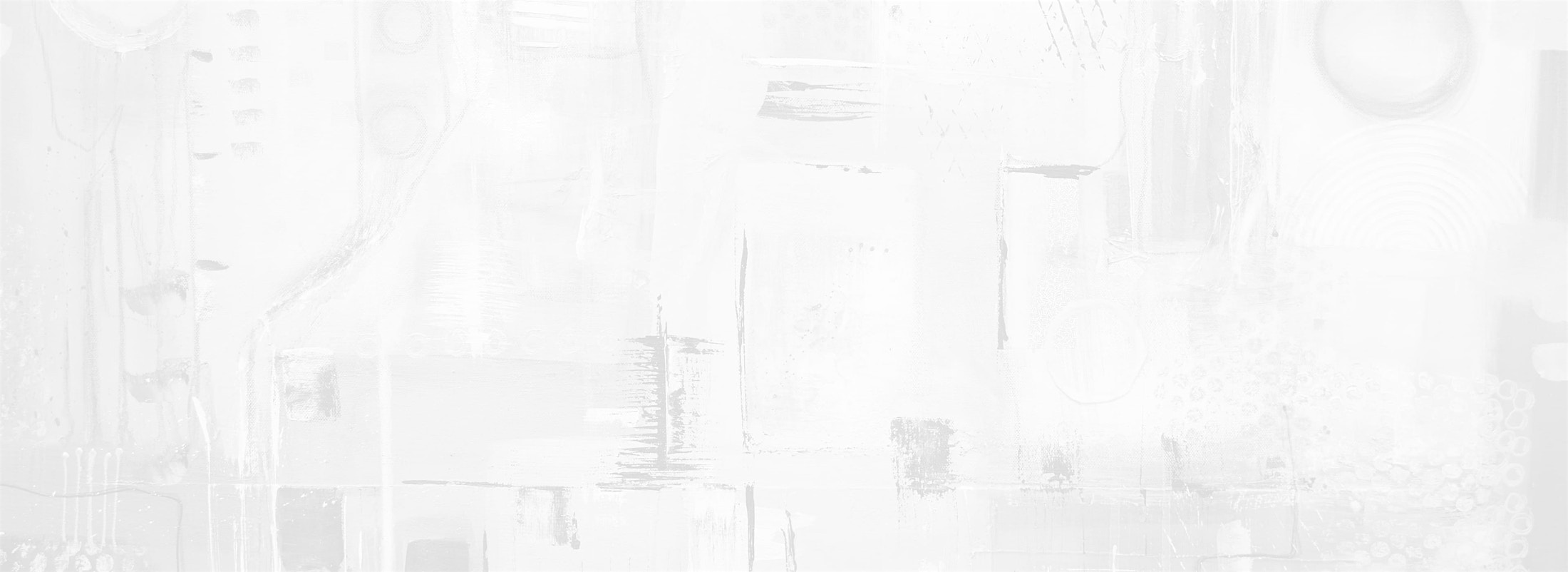When you buy a product, you expect it to work according to the instructions. If it does not, then you get it repaired or replaced and that is typically the end of it. However, there are some cases where a product malfunctions to the point where it actually hurts the person using it. Unfortunately, this happens more often than you might think because hundreds of Americans are injured each year because of products that are defective or dangerous.
What Is Product Liability?
The general thrust of product liability law is that a product should meet the ordinary expectations of the customer. In other words, the product should work as they expect it to work. If the product is defective or dangerous to the point where it causes an injury, then the injured person has the right to file a product liability claim. However, that is only if they followed the instructions carefully and used the product as it was intended.
It should be noted that some products have inherent dangers that also contribute to their usefulness. For example, sharp objects like knives, scissors, and razor blades need to be sharp, but their sharpness also makes them dangerous. In those cases, the discretion falls on the consumer to be careful. The only thing the manufacturer can do is offer adequate instructions and warnings about the use of the product.
The Types of Product Defects
There are three types of defects that could make a product dangerous and they are as follows:
Design Defects – This is when the design of a product is inherently unsafe even before it is manufactured. That means anyone who buys the product is at risk. An example of this is when a child’s toy presents a choking hazard.
Manufacturing Defects – The design of a product may be safe but a mistake during the manufacturing process might make it dangerous to anyone that uses it. You see this when vehicles get recalled because a certain part or component may cause problems for the driver.
Marketing Defects – This is when the marketing or instructions for a product make it more dangerous. This could mean that the product has insufficient warning labels, the instructions are poorly written or hard to understand, or the labeling is incorrect. An example would be if the label on a bottle of medication failed to mention the potential side effects of taking the medication.






